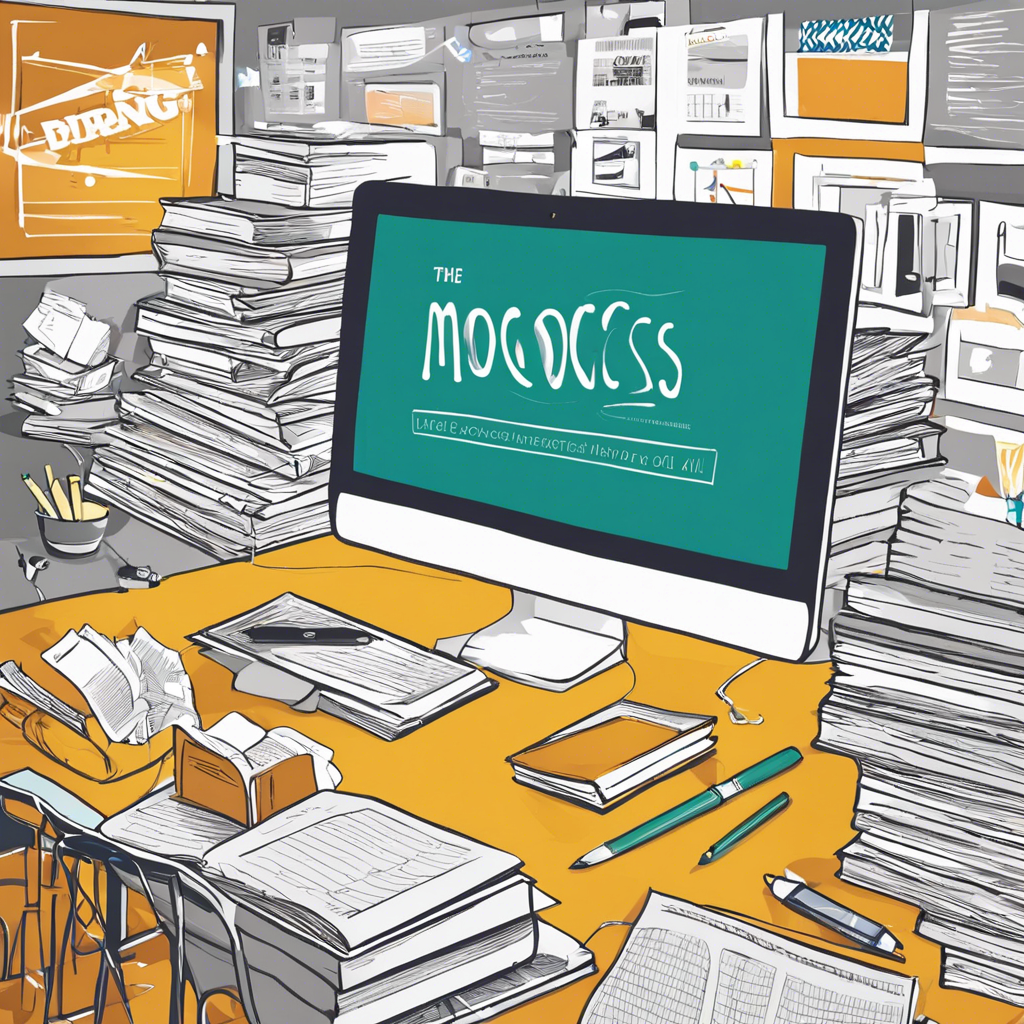Revolutionizing the way we learn, Massive Open Online Courses (MOOCs) have emerged as a game-changer in modern education, offering accessible and free learning opportunities to anyone with an internet connection. In this digital age, knowledge is no longer confined to traditional classrooms; it’s freely available and just a click away. MOOCs have opened up a world of possibilities, empowering individuals to take charge of their education and acquire new skills from the comfort of their homes. This exciting development is reshaping the learning landscape, making education more democratic and inclusive.
The concept of MOOCs is relatively new but has already had a profound impact. These online courses are designed to accommodate thousands of participants, fostering a sense of community and collective learning. Whether you’re seeking to enhance your professional skills, explore a new hobby, or delve into a subject of personal interest, MOOCs provide a vast array of options. With top universities and institutions offering their courses online, learners can gain knowledge from renowned experts in their fields, all for free. The accessibility and flexibility of MOOCs make them particularly appealing to those who may face barriers to traditional education due to geographic, financial, or time constraints.
**_The Rise of MOOCs: Democratizing Education_**
MOOCs have gained popularity for their ability to democratize education. They bridge the gap between those who can afford formal education and those who cannot, ensuring that quality learning is not limited by socio-economic status. Platforms like Coursera, edX, and FutureLearn offer courses from prestigious universities, allowing learners to access the same material as on-campus students without the hefty price tag. This shift towards open education challenges the traditional model of higher learning and promotes equal access to knowledge.
The beauty of MOOCs lies in their flexibility. Learners can study at their own pace, fitting education around their work, family, or other commitments. Whether you prefer early morning study sessions or late-night learning, MOOCs accommodate various schedules. This flexibility is particularly beneficial for working professionals seeking career advancement or individuals balancing multiple responsibilities.
**_A Global Learning Community_**
MOOCs bring together a diverse global community of learners, fostering a rich and collaborative environment. Through forums, discussions, and peer-to-peer interactions, students can connect, share ideas, and support each other’s learning journeys. This sense of community is a powerful motivator, encouraging active participation and engagement in the learning process.
Many MOOCs also offer opportunities for collaborative projects, group work, and peer assessments, further enhancing the social aspect of learning. These interactive elements not only make the learning experience more enjoyable but also help students develop valuable teamwork and communication skills.
**_Challenges and the Future of MOOCs_**
Despite their numerous benefits, MOOCs face challenges. High dropout rates are common, as some learners struggle with self-motivation and discipline. However, this is where the community aspect becomes crucial, providing support and encouragement to help students stay on track.
The future of MOOCs looks promising, with educators continually refining the model to enhance engagement and retention. New technologies like virtual reality and artificial intelligence are being explored to create more interactive and personalized learning experiences. As MOOCs evolve, they will continue to play a pivotal role in shaping the future of education, making learning more accessible, flexible, and engaging.
In conclusion, MOOCs represent a significant shift in the education landscape, offering an unprecedented level of access to knowledge. They empower individuals to take control of their learning, providing the tools to upskill, reskill, and explore new subjects. As MOOCs continue to evolve, they will undoubtedly play a central role in a more inclusive and democratic education system, where learning knows no boundaries.

